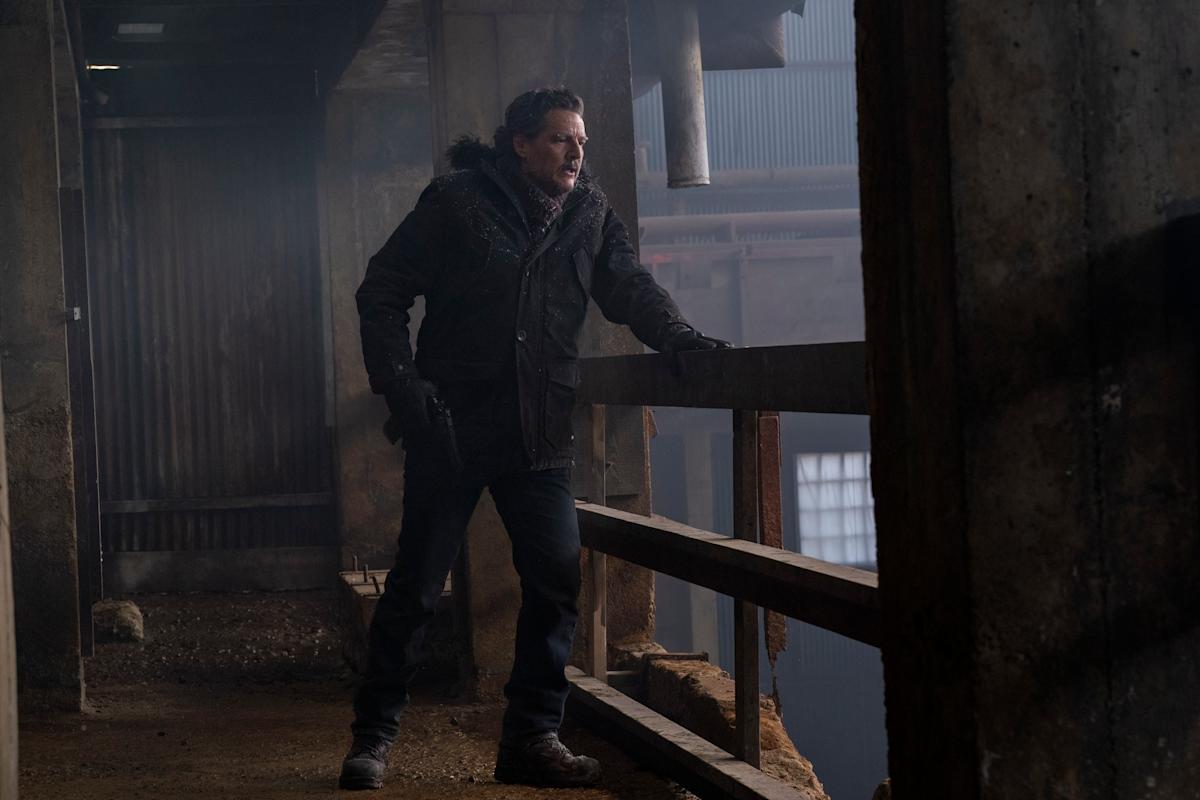Warning: Spoilers Ahead for The Last of Us Season Two, Episodes One and Two
HBO’s adaptation of The Last of Us has consistently drawn inspiration from the source video games, incorporating major plot points and direction while expanding the universe. This approach is particularly evident in season two, which has taken this concept to its extreme. The second episode features Tommy and Maria leading the town of Jackson Hole against an unprecedented wave of Infected, a scenario that is both a departure from the games and a nod to epic battles found in other notable series, such as Game of Thrones or the siege of Helm’s Deep in Lord of the Rings: The Two Towers. This battle is not only massive in scale but also showcases the defenders’ skill and bravery against overwhelming odds, culminating in a hard-won victory amidst loss and pain.
Concurrently, the series delves into the most intimate and brutal violence witnessed so far, as Joel’s past actions finally catch up with him. His death at the hands of Abby and her crew of ex-Fireflies from Seattle is deeply upsetting, even for those who anticipated this outcome. The twisted world of The Last of Us frames this act as a form of “justice,” adding complexity to the narrative.
It becomes apparent early in the first episode that Abby’s journey is destined to lead her to this point. However, the rapidity of these events might surprise some viewers. Since the announcement of the HBO series, there has been speculation about how Craig Mazin would handle the events of the second game, particularly Joel’s death. One might have expected a more prolonged or ambiguous approach to confirming Joel’s fate, or a delay in revealing Abby’s motivations. Instead, the show quickly establishes that Abby’s father was the doctor Joel killed at the end of season one, a detail that makes her quest for vengeance more understandable to the audience. This approach differs from the game, where players were not privy to this information until much later, thereby casting Abby in a more villainous light and making Ellie’s desire for revenge more relatable.
While the game’s approach to Abby’s character and motivations worked well in the interactive medium, the same may not be true for a passive adaptation like the HBO series. The decision to reveal Abby’s backstory and motivations early on could be seen as altering the momentum and mystery of the show for some viewers. However, it also allows for a deeper understanding of Abby’s actions and their consequences, particularly for those who have not played the games.
The impact of Joel’s death is significant, not just for the story but also for the audience’s expectations. Given Pedro Pascal’s prominence and the character’s central role, his departure from the show is a bold move, akin to the shocking death of Ned Stark in Game of Thrones. This shift in narrative focus will now rest on Bella Ramsey, who plays Ellie, for the remainder of the season.
The episode’s ability to balance multiple storylines and characters is noteworthy. Kaitlyn Dever’s portrayal of Abby captures her character’s ferocity and depth, making her scenes with Joel and Dina chilling. The ensemble cast, including Pedro Pascal and Isabela Merced, delivers a wide range of emotions, from the tense moments of fighting off the Infected to the betrayal and horror that follows.
Bella Ramsey shares significant screen time with Young Mazino’s Jesse as they embark on a patrol and a frantic search for Joel, while back in Jackson, Gabriella Luna and Rutina Wesley as Tommy and Maria play crucial roles in defending their town against the Infected. The ability of the writers, directors, and cast to weave these threads together without feeling overstuffed is a testament to their skill.
The climactic battle against the Infected is a highlight of the episode, with preparations such as oil barrels and a flamethrower brigade showcasing the town’s defensive strategies. The chaos that ensues when these defenses are breached is intense, leaving the audience questioning the town’s survival. This action-packed sequence is a response to criticisms of the first season’s lack of Infected encounters and sets a high standard for future episodes.
Source Link




